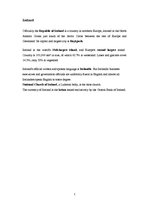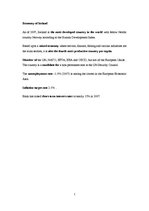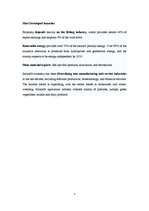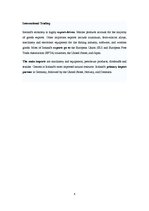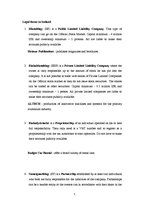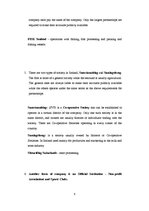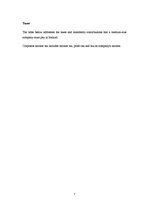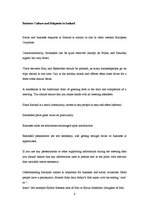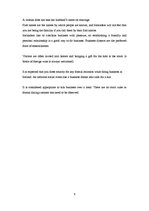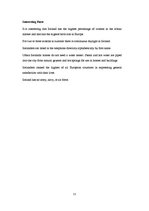-
Iceland
Officially the Republic of Iceland is a country in northern Europe, located in the North Atlantic Ocean just south of the Arctic Circle between the rest of Europe and Greenland. Its capital and largest city is Reykjavík.
Iceland is the world's 18th-largest island, and Europe's second largest island
Country is 103,000 km² in size, of which 62.7% is wasteland. Lakes and glaciers cover 14.3%; only 23% is vegetated.
Iceland's official written and spoken language is Icelandic. But Icelandic business executives and government officials are uniformly fluent in English and almost all Icelanders speak English to some degree.
National Church of Iceland, a Lutheran body, is the state church.
The currency of Iceland is the króna issued exclusively by the Central Bank of Iceland.
Economy of Iceland
As of 2007, Iceland is the most developed country in the world with fellow Nordic country Norway according to the Human Development Index.
Based upon a mixed economy where service, finance, fishing and various industries are the main sectors, it is also the fourth most productive country per capita.
Member of the UN, NATO, EFTA, EEA and OECD, but not of the European Union . The country is a candidate for a non-permanent seat at the UN Security Council.
The unemployment rate ~1.0% (2007) is among the lowest in the European Economic Area.
Inflation target rate 2.5% .
Bank has raised short-term interest rates to nearly 15% in 2007.
…

